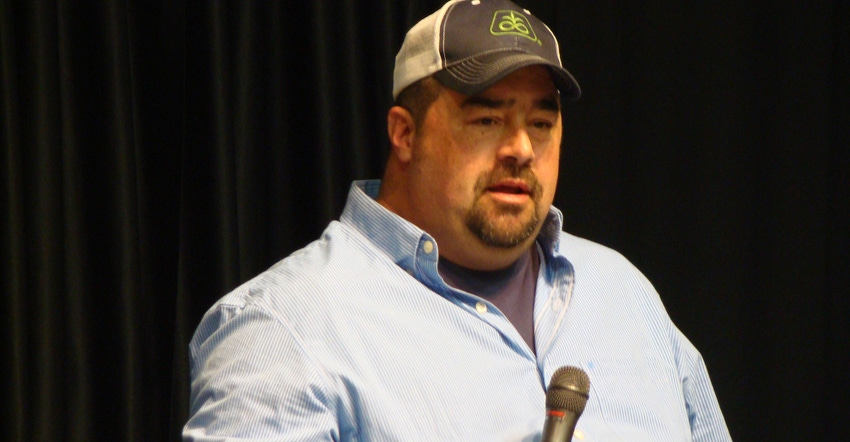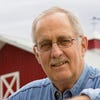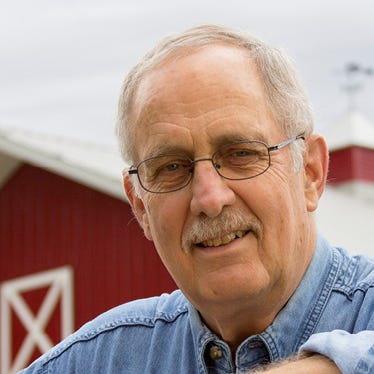February 15, 2018

When you think of heroin addicts, farmers probably aren’t the first group to come to mind. But addiction can, and does, happen to farmers. Just ask Doug Payne of Brown County, Ind.
“During my young adult years, I became a full-blown heroin addict,” Payne says. “I’ve been clean since Jan. 29, 2007, but I’m still an addict and always will be.”
Payne’s early years don’t seem to fit the stereotype. Raised on a farm, he was in 4-H, lettered in high school varsity sports, was involved in other school activities, grew up in the Nazarene Church, and had “awesome” loving parents. “I couldn’t have asked for a better life,” he says.
But the likable and fun-loving Payne also liked to party. He started drinking at 14 and then moved on to marijuana, activities he kept hidden from his parents for years. He was admitted to Purdue University, where he was first introduced to heroin; he soon became addicted and subsequently flunked out of college.
Years passed. Payne started farming, but over time his addiction took an increasing toll on his life. During that time, he says he and his dad “couldn’t be in the same 40-acre field without throwing clods at each other.” Finally, while driving a semitruck down the interstate, he had what he described as a “nervous breakdown.”
“I had to pull off the road. I wound up telling myself, ‘I just can’t do this anymore,’” Payne says.
Road to recovery
Payne says the hardest part of his recovery was dealing with his own shame and ego before telling his parents. At first, his mother couldn’t believe it, and he says both parents were hard on themselves, wondering “where they messed up.” But Payne says it wasn’t their fault.
“They raised me right; they loved me and punished me when I needed it, and did all the right things. But an addiction doesn’t care,” he says.
Payne’s parents were very supportive of him and his need to get help, but did so in a way that didn’t enable him to continue in his addiction. Soon after, Payne went into treatment and became very active in Narcotics Anonymous, initially attending three meetings a day. Ultimately, he got his life turned around.
Today, Payne continues to farm, and now that he’s clean, he describes his dad as “my best friend.” He also coaches at the local high school and is very involved with young people. In doing so, he tries to encourage them to avoid the mistakes he made. But he stresses there is much work yet to be done.
“We have way too many kids OD’ing. It’s taking them out, and they didn’t mean to die,” he says. “We’ve had three or four right in our local community in the last six months, and they were good kids. It’s deadly. Heroin or other addictions don’t care who you are or what background you come from — they take no prisoners.”
Looking back on his life, Payne considers himself fortunate. “In order to be able to start to recover from an addiction, I had to hit rock bottom, as does any addict,” he says. “I feel very lucky and very blessed to be sitting here telling my story, in the hope it can help someone else. Many addicts can’t do that.”
Boone writes from Wabash, Ind.
About the Author(s)
You May Also Like






